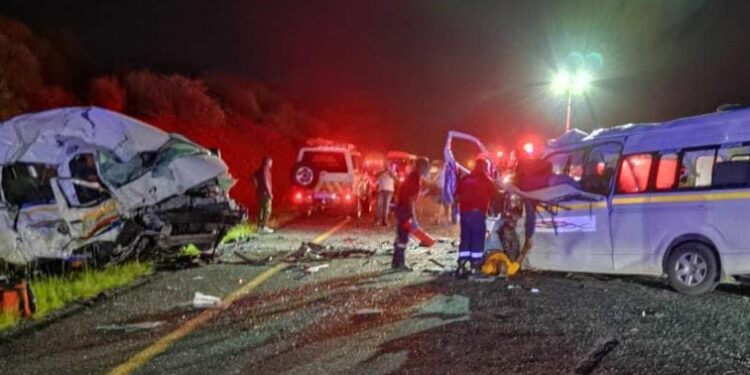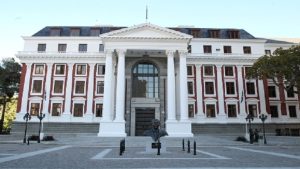The National Assembly has passed the National Traffic Amendment Bill. This draft legislation is aimed at reducing the number of road crashes in the country. It will, among other measures provide for the suspension and cancellation of the registration of an examiner for driving licences or an examiner of vehicles, who have been convicted of serious crimes.
It will also provide for the registration and grading of training centres and to further provide for the registration of manufacturers, builders, body builders, importers and manufacturers of number plates.
Transport Minister Fikile Mbalula spoke about the carnage on the roads that are like an albatross on the country’s neck. He says these crashes are taking away productive citizens from the economy. He says government will continue to ensure that those who break the law are prosecuted.
“The bill provides us with more instruments to aggressively tackle the intractable challenge of corruption that continues to bedevil the vehicle and driver licencing system. Our efforts to uproot the cool drink phenomenon will intensify. We’ll not hesitate to throw the book at those law enforcement officers who continue to allow unlawful conduct on our roads. We’re similarly determined to lock up those motorists who bribe our officers,” Mbalula explains.
Political parties were unanimous in their support of the bill. Lisa Mangcu of the ANC says there are far too many accidents and fatalities on the roads. He welcomed the standardisation of the licensing regulations throughout the country.
Thamsanqa Mabena of the DA, while supporting the bill, condemned earlier attempts by Minister Mbalula to introduce zero percent blood alcohol requirement for all drivers. He says these would criminalise law abiding citizens.
“Any movement from this current stipulated rate will just infringe on the constitutional rights to religion as it will include congregants participating in religious practices such as Holy Communion, use of medication, mouth wash that contain alcohol as well as natural digestion system. There simply is not enough evidence to support an argument that the high number of road facilities as a result of drivers who when tested were found to have 0.05 percent and below in their body,” says Mabena.
Judith Nolutshungu of the EFF also emphasised the importance of a well-functioning public transport system to help reduce the number of cars on the roads.
“Here in SA you wake up one morning and you are told that trains between Mabopane, Saulsville and Atteridgeville are not running because Prasa did not pay Eskom. We need to reduce the number of cars on our roads. And the only way we will be able to do this is when we have proper reliable affordable safe and accessible public transport system. Number 2, we must increase the number of well-designed speed humps and zebra crossings and on top of this we need more pedestrian zones where vehicles are not permitted,” says Nolutshungu.






